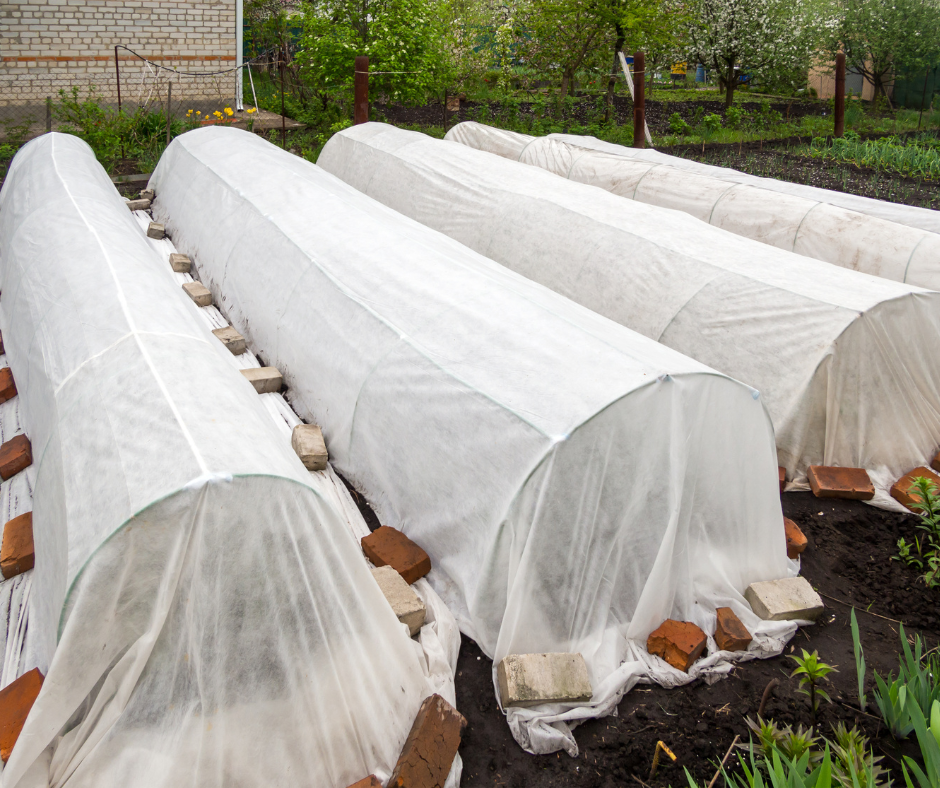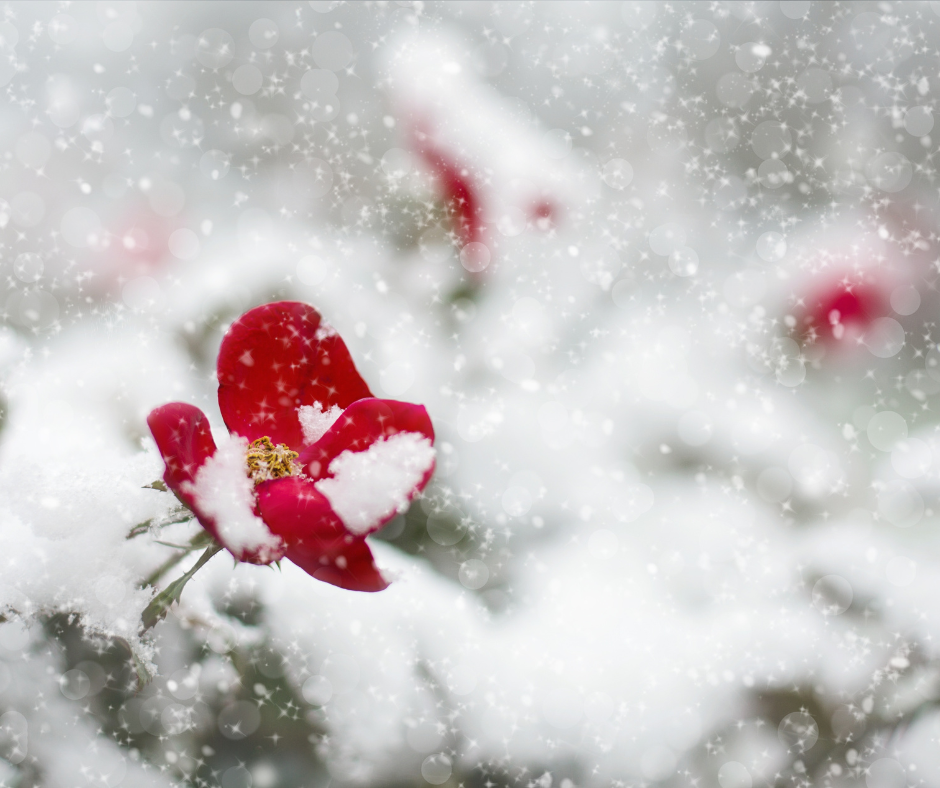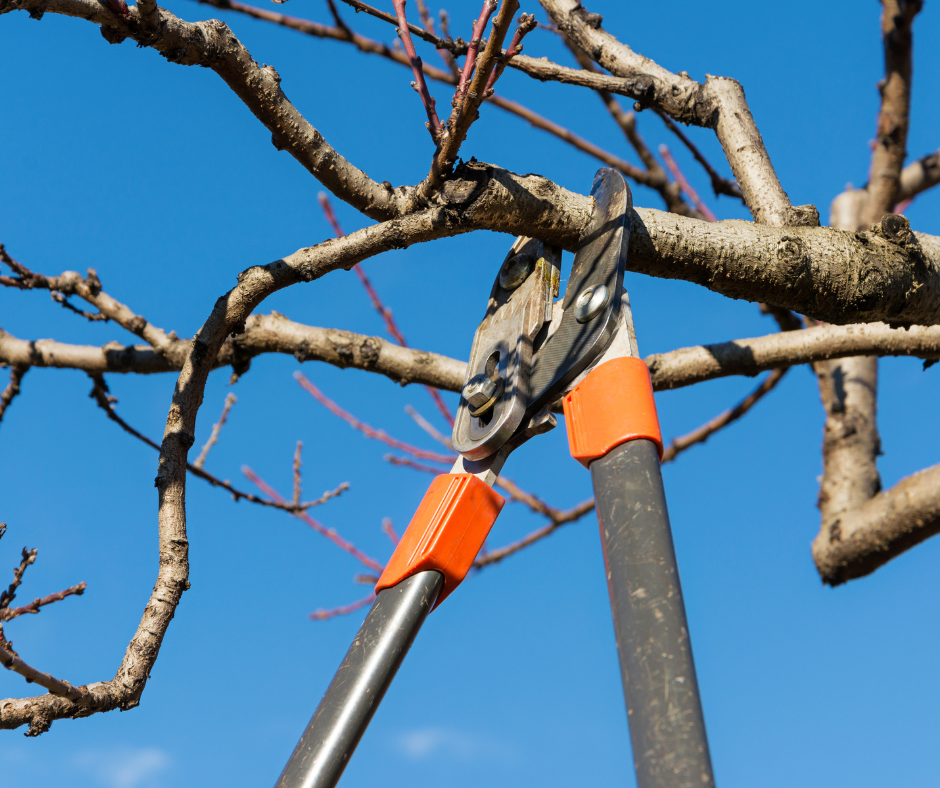
Why Winter Protection is Crucial for Your Garden
Winter poses several challenges for gardens, as cold temperatures, dry air, and harsh weather can significantly impact your plants. Understanding these effects and common winter garden problems can help you better prepare and protect your garden.
Cold temperatures can be detrimental to plants if not properly addressed. Frost can damage plant cells, causing wilting or browning of leaves. Freezing temperatures can lead to the formation of ice crystals within plant tissues, causing cell ruptures and irreversible damage. Winter storms can also break branches, damage foliage, and even uproot entire plants.
Common winter garden problems include frost heave, which occurs when soil repeatedly freezes and thaws, pushing plants out of the ground. Desiccation, where plants lose excessive moisture due to cold winds and dry winter air, is another issue. Additionally, pests and diseases can thrive in cool, damp conditions, posing a threat to your garden.
Implementing winter protection measures offers numerous benefits. Insulation methods like mulching or covering plants help regulate soil temperature and prevent frost heave. Shielding plants from harsh winds and reducing moisture loss can minimize desiccation risks. Moreover, winter protection can deter pests and diseases, keeping your plants healthy throughout the season.
Preparing Your Garden for Winter

As winter approaches, it's essential to take steps to protect your garden from harsh weather. Proper preparation ensures your plants stay healthy and vibrant throughout the colder months. Here are some crucial tasks to consider:
Clearing Out and Composting Dead Plants: Remove any dead or dying plants from your garden before winter sets in. These plants can attract pests and diseases that may harm other plants. Composting them can create nutrient-rich soil for future gardening.
Covering Garden Beds: To protect garden beds from frost and freezing temperatures, cover them with a layer of mulch or straw. This barrier insulates the soil, preventing it from becoming too cold and damaging plant roots. It also retains moisture and prevents weed growth during winter. You can even use the leaves from your trees as mulch to cover your garden.
Protecting Specific Plant Types

Protecting your garden from winter requires considering the specific needs of different plant types. Delicate flowers, shrubs, trees, and potted plants each require tailored protection strategies.
Delicate Flowers: Flowers need extra care during winter. Covering them with mulch insulates the soil and regulates temperature fluctuations. Trim back dead or damaged foliage to prevent disease and promote healthy spring growth.
Shrubs and Trees: Wrapping shrubs with burlap or using protective covers shields them from harsh winds and freezing temperatures. Applying mulch around the base retains moisture and provides insulation. You can also wrap your trees with tree wrap around their trunks and bark to prevent permanent visible damage caused by winter weather.
Choosing the Right Winter Protection Methods

Selecting the right winter protection methods is crucial for safeguarding your garden and helping plants thrive in spring. Here are some effective strategies:
Using Frost Covers and Mulch: Frost covers like burlap or frost blankets create a barrier against cold winds and frost. Mulch acts as insulation, keeping soil warm and preventing temperature fluctuations. Spread a layer of organic mulch around plant bases for added protection.
Creating Windbreaks and Barriers: Winter winds can damage delicate plants. Construct windbreaks and barriers using materials like wooden boards, mesh screens, or shrubs and trees. Position them strategically to block or divert wind, creating a sheltered environment for plants.
Utilizing Heat Sources for Extreme Cold: In regions with extremely cold temperatures, heat sources can be vital. Use devices like frost lamps, heating cables, or small greenhouse structures to provide extra warmth and ensure plant survival during freezing conditions.
Implementing these winter protection methods ensures your garden remains healthy and resilient throughout winter. Regularly check on your plants and adjust protection methods as needed. Your garden will reward you with beautiful blooms in spring!
Maintaining Your Garden Throughout Winter

Winter can be tough on gardens, but with proper care, you can protect your garden from harsh weather and ensure its health and beauty in spring. Here are essential tips for maintaining your garden during winter:
Checking Water and Nutrient Needs: Even though plants may not actively grow in winter, they still need water and nutrients. Regularly check soil moisture and water plants as necessary. Adding organic matter or compost provides essential nutrients.
Pruning and Trimming During Dormancy: Winter is ideal for pruning and trimming plants while they are dormant. Remove dead or diseased branches to prevent disease spread. Pruning also promotes new growth in spring.
Protecting Against Winter Pests: Pests may seek shelter in your garden during winter, damaging plants. Regularly inspect your garden and take measures to protect plants from pests. Use organic pest control methods or cover vulnerable plants with frost cloth or netting.
Winterize Wisely with Jolly Lane Greenhouse
A good-old South Dakota winter can have devastating environment effects on your beloved plant/veggie friends. Following these tips will ensure your garden remains healthy and vibrant throughout winter, safeguarded and ready for Spring. For more information on protecting your garden from winter, explore our range of gardening resources HERE!
